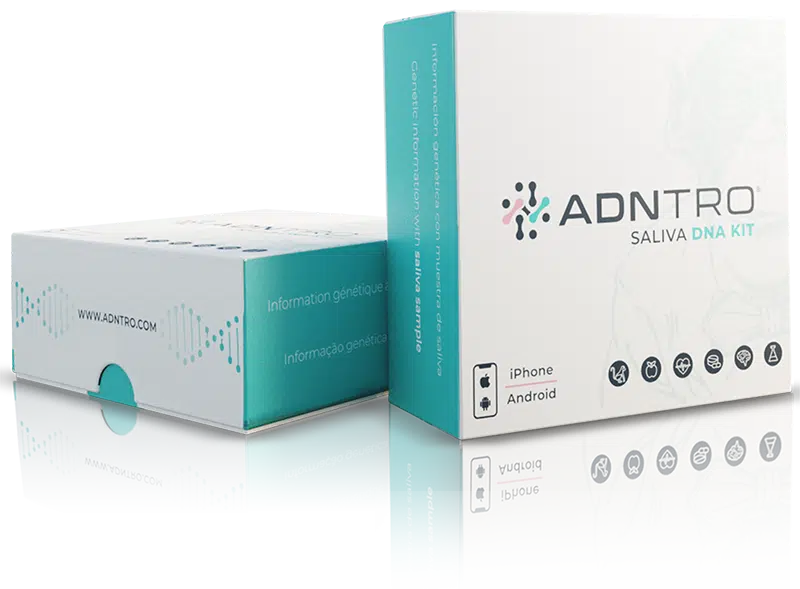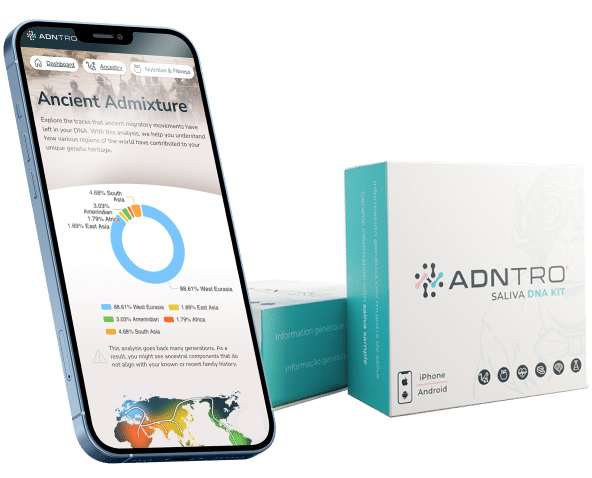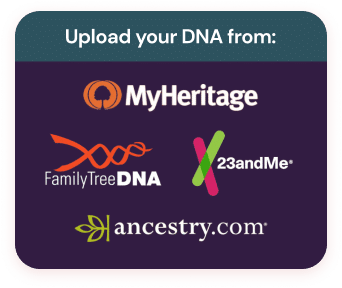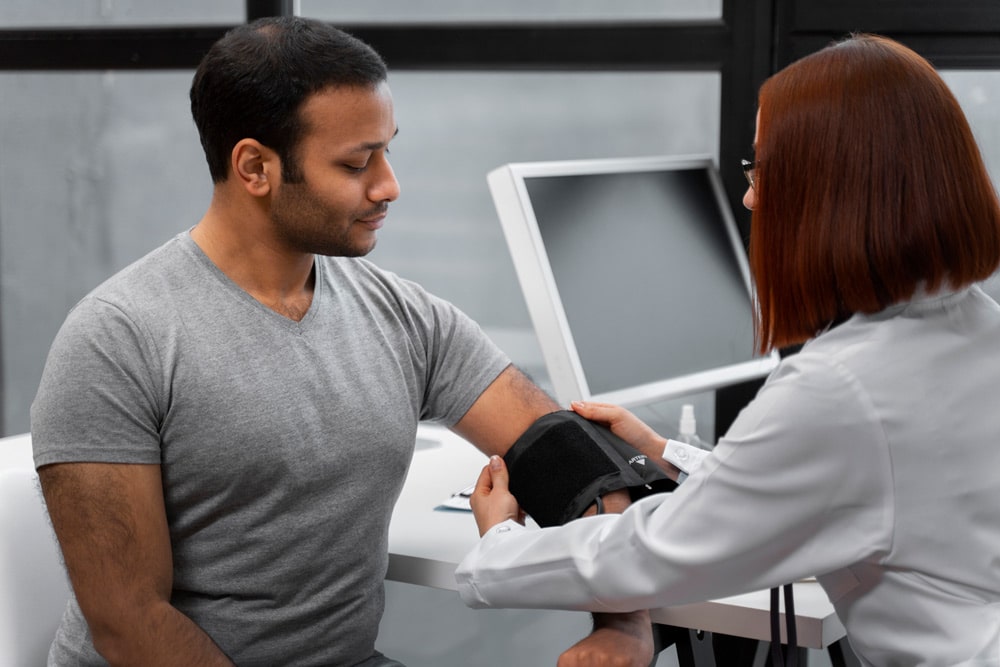Geographically, the Scandinavian peninsula is located in northern Europe and includes the countries of Norway and Sweden.
As a region, Scandinavia refers to a large area that includes the aforementioned countries (Norway and Sweden), Finland, Denmark and Iceland. All these territories share a common history and culture.

The languages, for example, derive from Proto-Germanic, which evolved into "Old Scandinavian" and from there into Danish, Swedish, Finnish and Icelandic. Alongside these, there are a number of languages in the north of the peninsula that derive from the Uralic language.
The term Scandinavia comes from the coining of these lands that the historian Pliny the Elder proposed, demining them "Scandia".
Today, Scandinavians number around 27 million people and enjoy a prosperous economy and society. Also, as a curiosity, around 12% of the Scandinavian population has resistance to the HIV virus due to a genetic mutation.
Vikings
From this area originated the well known Vikings. Warriors, traders and explorers who lived their heyday between the ninth and twelfth centuries. These adventurers began their journey outside Scandinavia in the monastery of Lindisfarne (now England) and followed a large group of territories.
The Vikings assaulted the city of Paris commanded by the mythical Ragnar Lodbrok, obtaining a great booty. However, this was not the last time the Vikings attacked the capital of the Franks. From these raids came the Norman dynasty, as some Vikings remained in France.
The also famous Erik "the Red" discovered Greenland and led to large settlements. His son, Leif Eriksson discovered America almost 500 years before the arrival of Christopher Columbus.
Want to know if your DNA has a component of Scandinavian ethnicity? Curious to know more about other ethnicities? Find out with the dna origin test of ADNTRO or by upload your RAW DNA data for free. It will not leave you indifferent.














